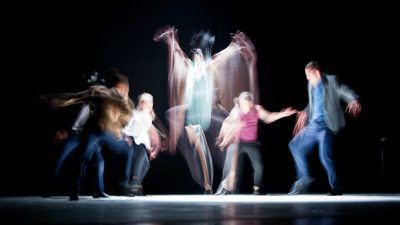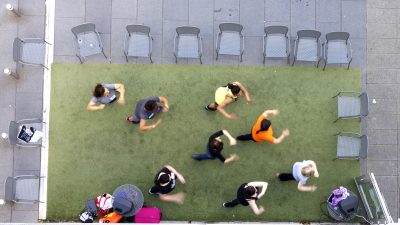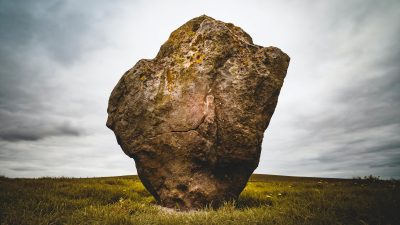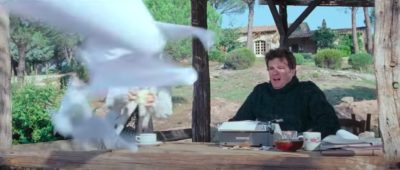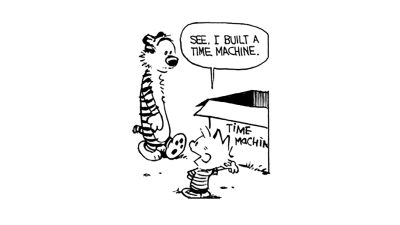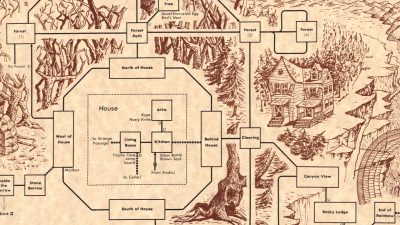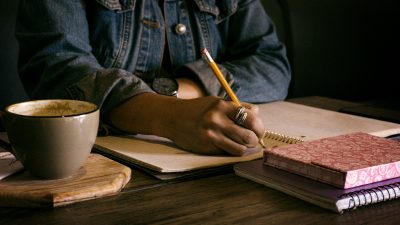Notes on Craft
Native Flowers and True Names: Using Research to Write Richer Narrative Fiction
To write her book ‘If You Leave Me,’ Crystal Hana Kim used research to be true to Korea, down to its roots.
What If We Taught Writing the Way We Teach Acting?
Actors studied movement, script analysis, emotional connection, our bodies, our voices. In my writing MFA, we got . . . workshop.
Drafting a Personal Essay Is Like Stumbling Through a Dance
You can study all you want, but it’s only in the act of doing that you learn what’s right and what isn’t.
Don’t Call It Writer’s Block
It’s rare to hear writers—especially more established ones—claim that term in public.
Writing Down the Ghosts
My whole process of writing is tricking my brain into writing without realizing what I’m doing, to make myself write even when the idea of writing instills a vomity feeling in my gut.
The Memoir Time Machine
As a writer of personal nonfiction, I worry that with every memoir or essay, I risk fragmenting and simplifying my life into words living on pages.
A Memoir Should Be a Conversation, Not a Monologue
It’s about suggesting, right there on the page, that the writer is no more important than the reader.
Branching Infinity: Exploring the Many Structures of Interactive Fiction
The difference between interactive and traditional fiction isn’t a clear binary at all: Both require an approach to structure that balances openness and control, and each contains lessons for the other.
A Cow with a Hole in It
The thing that’s so difficult about personal essays is that they’re awfully personal. There’s an answer to this conundrum, and it has to do with cows.
Is Your Idea Better Suited to a Novel or a Short Story?
You’ll start to note the difference between your longer- and shorter-form ideas—but if you’re not sure, there are some questions you can ask.

